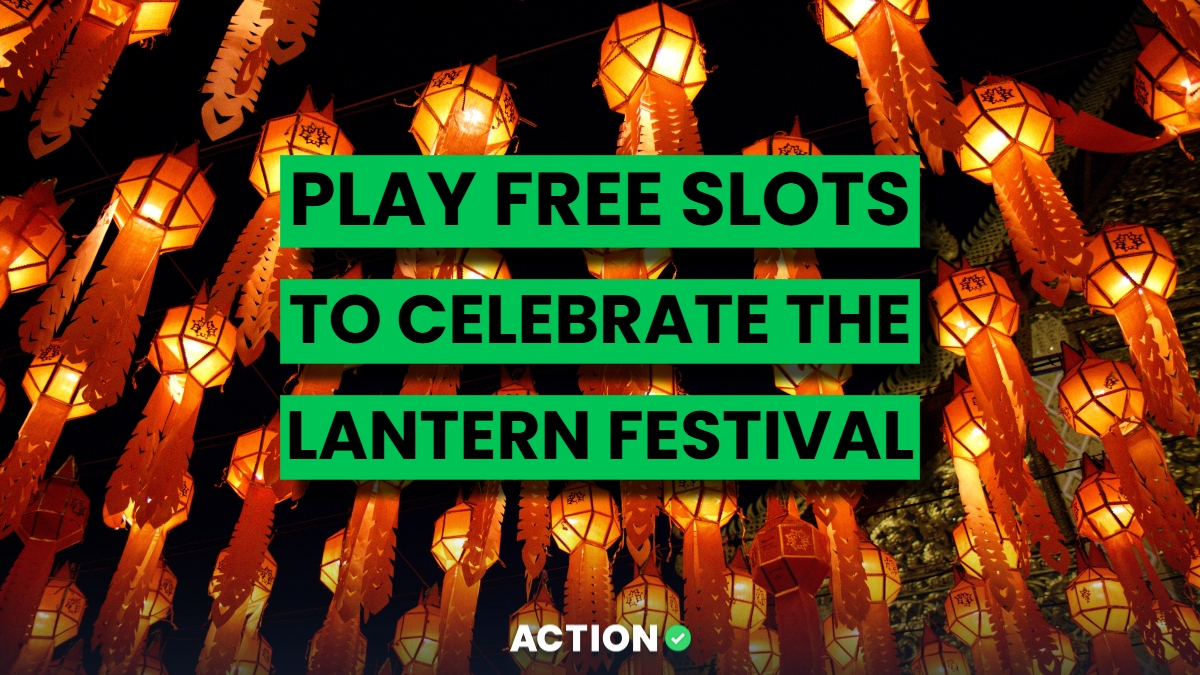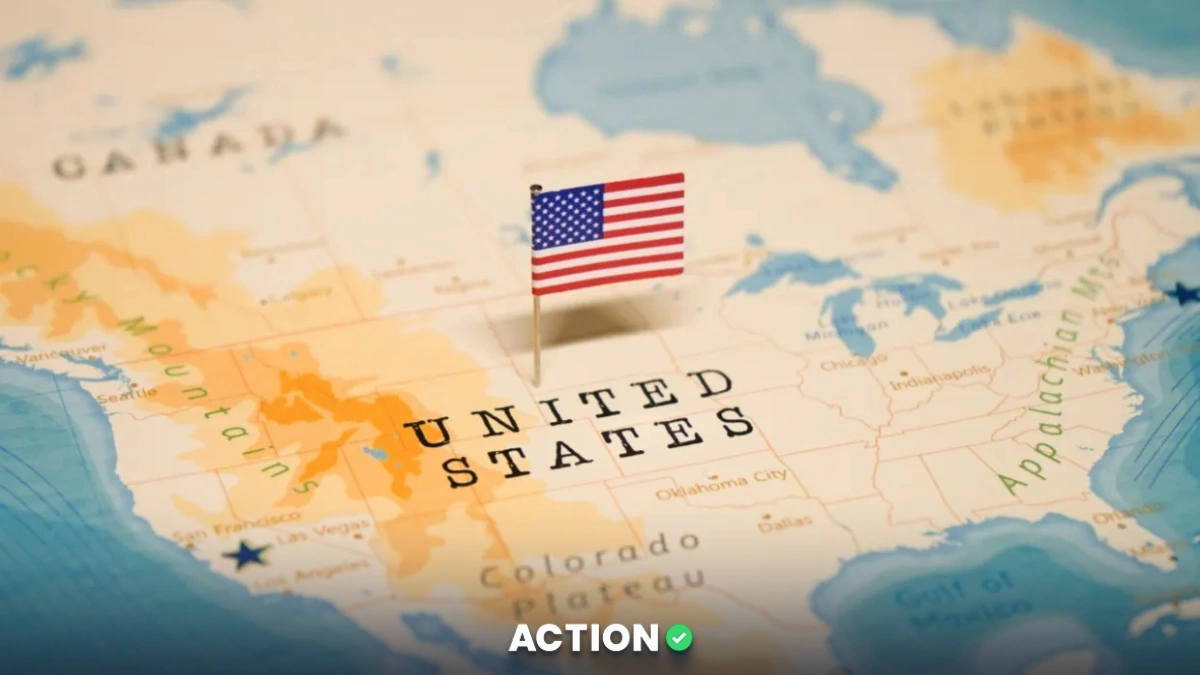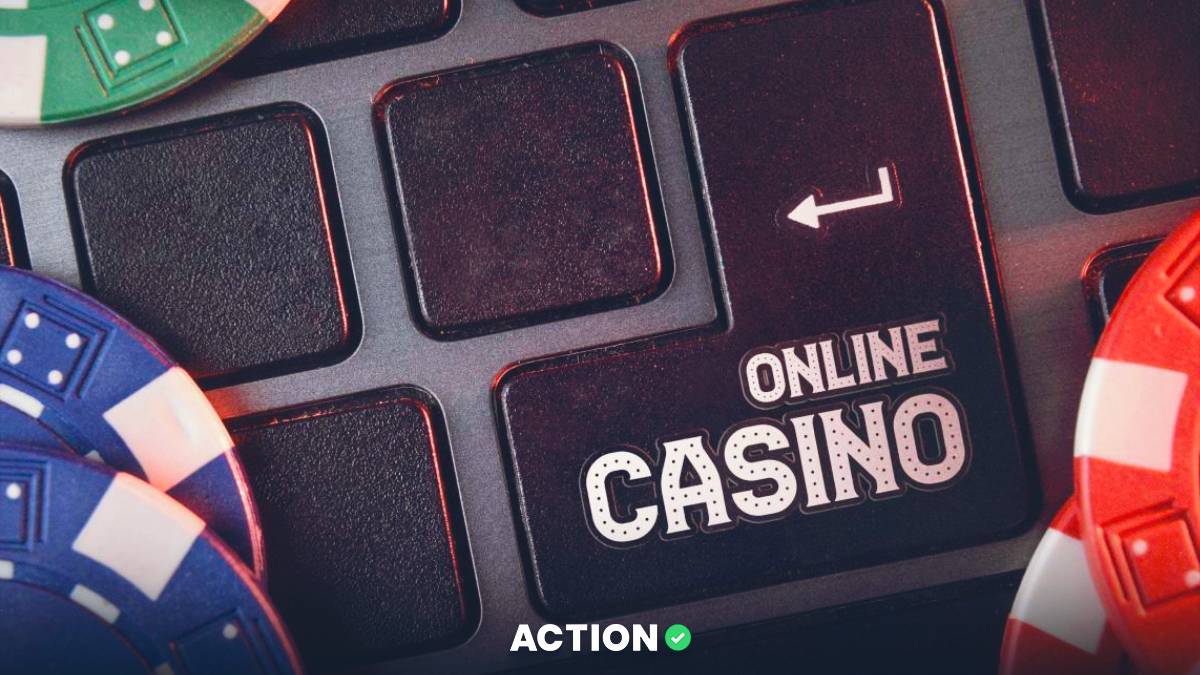Pretty soon, college athletes may not be limited to the tables and the slot machines when they step into a casino.
Sports betting has always been a controversial topic in college sports. For many years, the NCAA, which governs college athletics, has strictly prohibited student-athletes, coaches, and staff from participating in sports betting.
However, that might change in the near future.
The NCAA is considering a major rule change that could reshape how college athletes, coaches, and staff interact with the world of sports betting. This would be a significant shift from their previous blanket ban.
NCAA’s Previous Stance on Sports Betting
For decades, the NCAA maintained a strict, blanket ban on all forms of sports betting by student-athletes, coaches, and athletics staff.
This meant that no one involved in college sports could legally bet on any sporting event—college, amateur, or professional.
The rule also prohibited sharing insider information that could be used for gambling purposes. The rationale was clear: to protect the integrity of college sports and shield student-athletes from the potential harms and conflicts of interest associated with gambling.
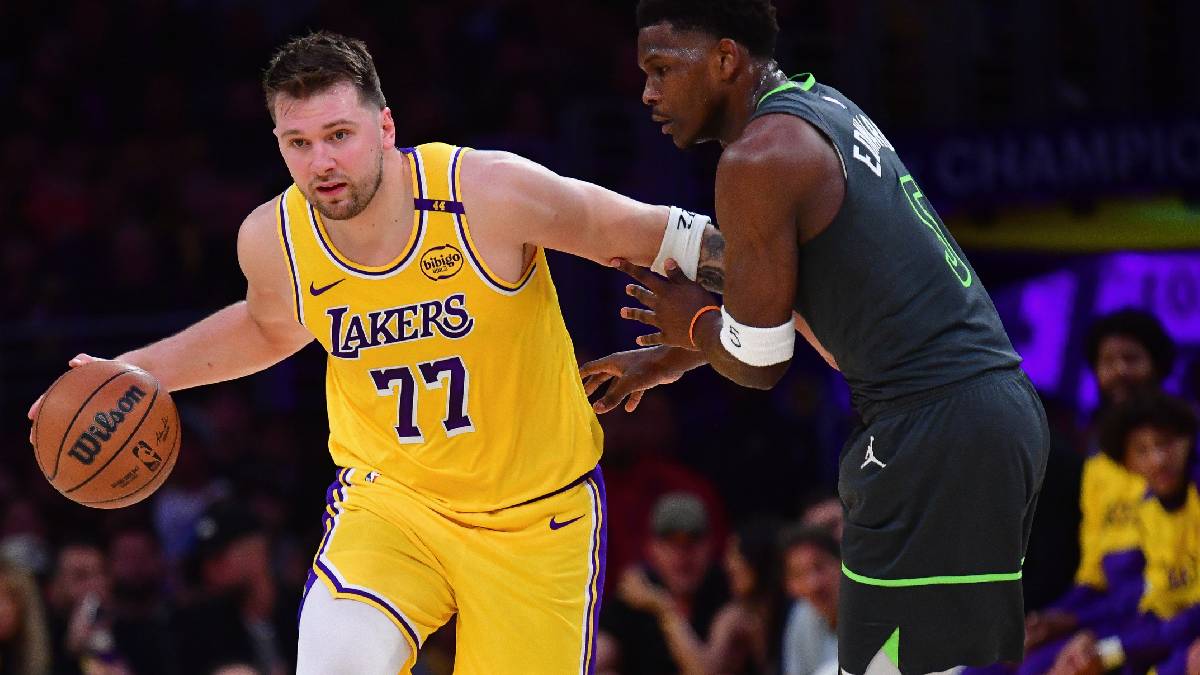
This hardline policy was established at a time when sports betting was illegal in most of the United States. Even as sports gambling became legal in more than 30 states after a 2018 Supreme Court decision, the NCAA’s position did not change—until now.
What’s Changing: The New Proposal
The NCAA Division I Council introduced a proposal that would allow college athletes, coaches, and staff to bet on professional sports legally. This marks a major shift from the organization’s total ban on sports wagering.
Key Points of the Proposal:
Professional Sports Only: If adopted, the rule would permit betting only on professional sports. Wagering on college sports—including one’s own team or any NCAA event—would remain strictly prohibited.
Approval Process: The proposal is not yet final. It will be voted on in October 2025 and also needs approval from Division II and Division III officials. If either group rejects it, the change will not take effect at any NCAA level.
Focus on Integrity: The NCAA’s enforcement efforts would shift toward preventing betting on college sports and cracking down on behaviors that threaten game integrity, such as point-shaving or sharing insider information.
Why Is the NCAA Considering This Change?
The move is largely a response to the widespread legalization and normalization of sports betting across the country.
With so many states now allowing sports gambling, enforcing a total ban has become increasingly difficult and resource-intensive for the NCAA. By focusing enforcement on college sports and integrity issues, the NCAA aims to address the most significant threats to college athletics.
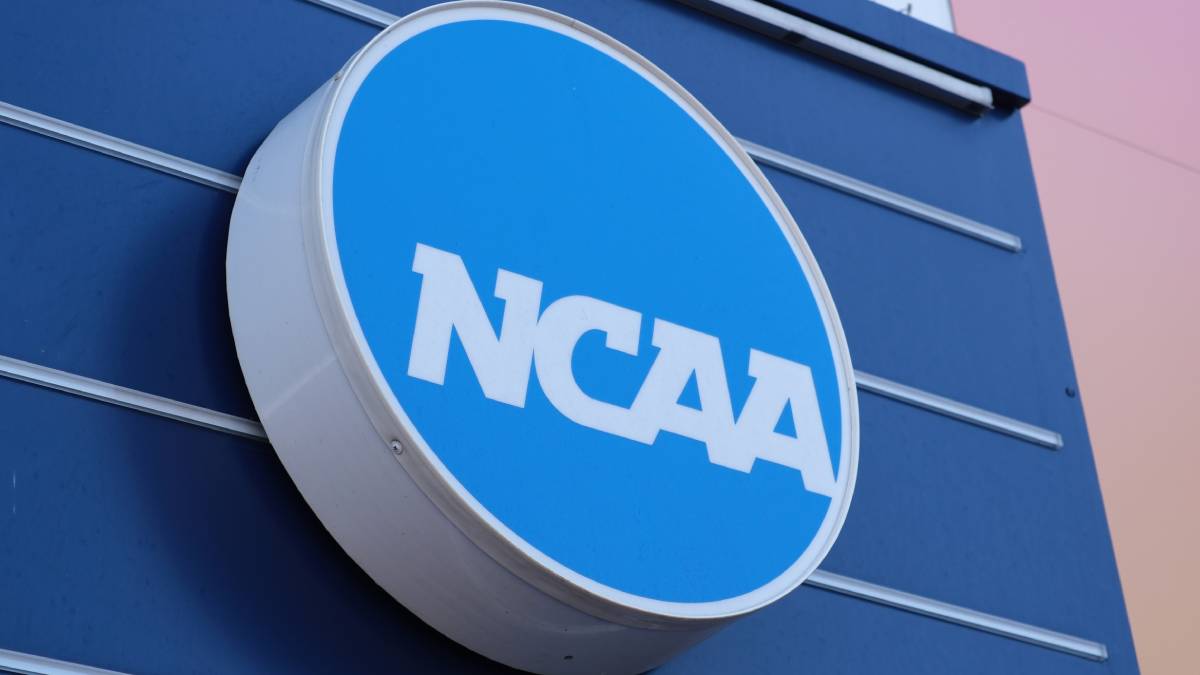
There’s also a growing recognition that an “abstinence-only” approach may not be realistic or effective.
According to NCAA data, nearly 22% of male college athletes have placed a sports bet in the past year, which means roughly one in five have done so.
While this is a notable number, it's about half as common as it is among male college students in general, where sports betting is much more widespread. In fact, some studies suggest that over 40% to 50% of all male college students engage in sports betting.
Allowing legal betting on professional sports could help the NCAA better educate and support student-athletes, while still protecting the integrity of college competitions.
What Will Still Be Prohibited?
Even if the new rule is adopted, some restrictions will remain in place:
No Betting on College Sports: Wagering on any NCAA-sponsored sport at any level will still be banned.
No Sharing Insider Information: Providing nonpublic information about college sports for gambling purposes will remain a serious violation.
No Betting Ads at NCAA Events: Advertising and sponsorships related to betting will not be allowed at NCAA championship events.
What Happens Next to the NCAA Sports Betting Proposal?
July 2025: Division II and Division III Councils will meet to consider the proposal.
October 2025: Final vote expected. The rule change will only go into effect if all divisions approve it.
If approved: The new policy could take effect as early as November 2025.
The NCAA's move toward this policy change reflects the changing landscape of legalized sports gambling in the U.S. and a new focus on protecting the integrity of college sports above all else.
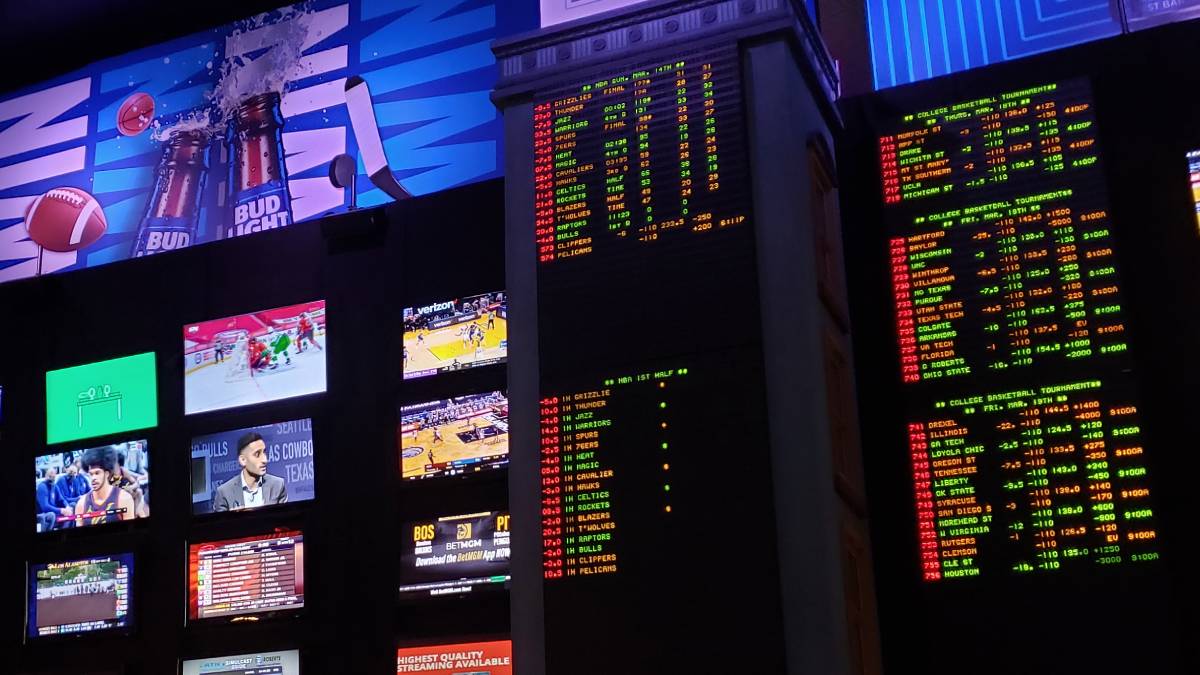
As the NCAA explores these potential changes, the conversation around sports betting in college sports is likely to intensify. This decision could pave the way for new opportunities and challenges, ultimately reshaping the landscape of collegiate athletics. Only time will tell how this evolving situation will impact the future of college sports.




